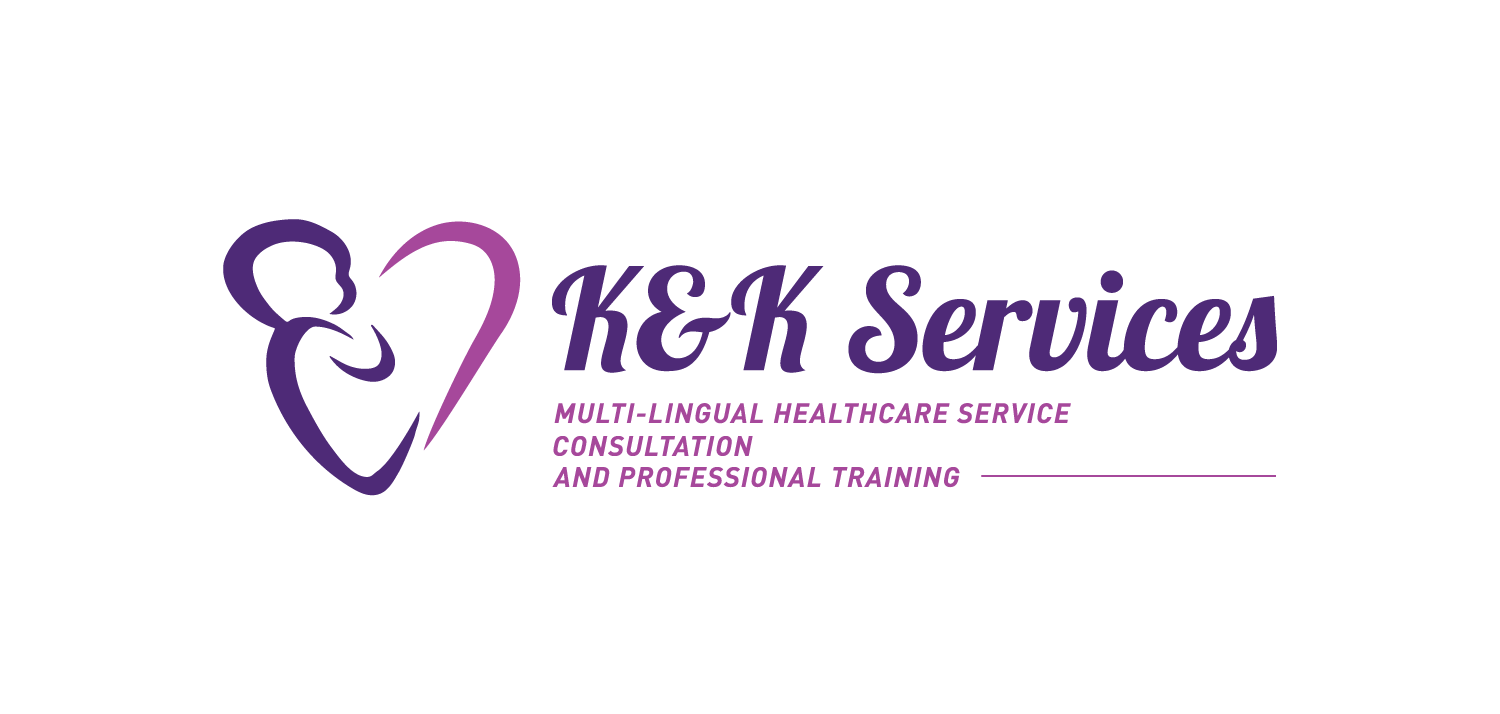Social Aspects of Dysphagia and Caregiving
Did you know…We swallow on average about 600 times per day. Each time we swallow, it requires four different stages, 25 muscles, and five different nerves. Most of us may take for granted being able to chew and eat food, or even drinking water and other drinks. However, some people struggle to be able to do these basic daily tasks in their everyday lives.

The Issues
Dysphagia, which is also known as a swallowing disorder, can be caused by a variety of issues. Some of these issues may be structural, neurological, or even medical. Because of these struggles, some people have specific needs and concerns in order to get through their day. This is where a caregiver comes in and is very involved in the individual’s life—-they are the ones helping them to get through feeding and swallowing journey, whether they are out in public, or alone at home.

Sometimes these individuals who are struggling may become embarrassed or self-conscious about their inabilities to swallow correctly. This can cause embarrassment from people out in public gazing, or even around their own friends and family. The caregiver plays a very important role in helping them deal with swallowing concerns while also instilling confidence and
independence in the loved one.
Helping Them Feel Better
The fact that eating is a necessary thing and also can be a social activity is going to have a hard effect on the person who is dealing with inabilities to eat. Dysphagia can cause dehydration, bad nutrition, increased aspiration risk, and sometimes even isolation.
Some symptoms of dysphagia include coughing when eating/drinking, extra effort for chewing/swallowing, weight loss, dehydration, chest congestion, and even pneumonia. These symptoms can also bring about anxiety for the loved one in that they will worry and be fearful about swallowing whether they are along or in public around other people.
The caregiver must remember to try and maintain the quality of life for the loved on by not only helping them with their food choices and swallowing issues, but also in understanding this loved one as best as they can. The caregiver should also try and plan ahead for the loved on when eating out or in public around other people. They can call restaurants ahead of time and explain the loved one’s situation. This will help take away any added stressors and anxieties for both the caregiver and loved one.

Having Patience
Patience is a very important thing to remember, when taking time while eating with your loved one. You are only going to make both parties more nervous and anxious if you are rushing through a meal, trying to get through it fast. It can also lead to more swallowing issues and even choking. It is best to encourage eating small amounts, and to even eat more frequently.

Conclusion
A loved one can prevent more complications later on through changing their diet or even therapy. Their caregiver can be there to fully support them and also help them to see there are ways to get through Dysphagia.

Need help?
For more information about culinary nutrition and social aspects of dysphagia and caregiving, be sure to follow us on Facebook or pick up your copy of Cooking To Heal Book today!
Author: Natalie Braslau, Dr. Love's Integrative
Nutrition & Lifestyle Medicine Intern
Editors: Keith & Kat Demps
Guest blog from Cooking to Heal Book: Cookingtohealbook.com
